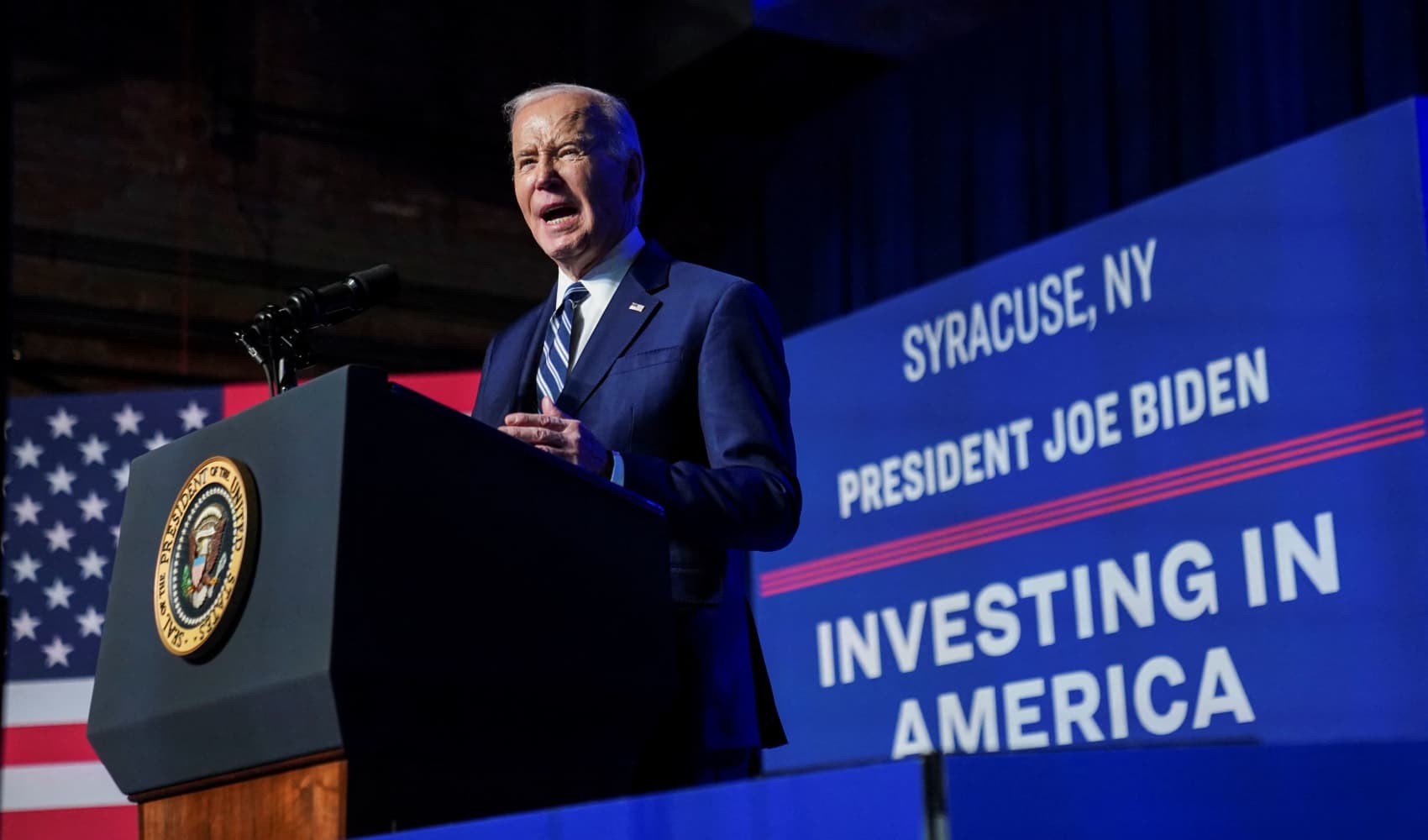
Just 1 in 3 Americans is engaged at work, according to Gallup's latest report on employee engagement.
Workers are feeling more detached from their employers, dissatisfied with their organization, and they're less likely to feel like someone at work cares about them as a person, researchers say.
Engagement levels have been on the decline for several years now, following a decade of growth prior. Engagement peaked at 40% in June 2020, and 36% for the year's average.
Gallup's engagement data is based on national surveys of more than 18,000 full- and part-time U.S. workers.
Get a weekly recap of the latest San Francisco Bay Area housing news. Sign up for NBC Bay Area’s Housing Deconstructed newsletter.
One major factor for a slide in employee engagement is a breakdown of role clarity, which is "the most basic and foundational of the employee engagement elements," says Jim Harter, Gallup's chief scientist of workplace and wellbeing. "When people are not clear on their roles, and how their role relates to their co-workers' roles, they are less effective in meeting customer needs and other important outcomes that leaders expect."
A new frontier of hybrid workplaces could be causing confusion, where colleagues don't understand each others' jobs or how their roles work together. Remote and hybrid workers are slightly more likely to say they don't have clarity in their jobs, though role clarity declined similarly across all arrangements.
"Team members need to learn or re-learn their roles relative to their co-workers' roles," Harter says.
Money Report
One practice boosts performance 'more than any other leadership activity'
Poor management is also causing role confusion, Harter says. Today's managers are burned out, disengaged from their work and are more likely to be looking for different jobs, according to the report.
Managers "have more remote working, higher demands for flexibility, changing customer expectations, and 70% report no training for how to manage a hybrid workforce," Harter says. Overworked bosses can't meaningfully coach their employees and set clear expectations for good work, he adds.
If managers could do one thing to boost engagement, it's to focus on delivering "meaningful feedback," Harter says. Meaningful feedback is as simple as meeting once a week to discuss recognition and praise, collaboration, goals, priorities, and strengths, he says.
This weekly practice "develops high-performance relationships more than any other leadership activity," according to Gallup.
The majority of Americans are not engaged at work
While employee engagement is sliding, active disengagement is also down to 16% in 2023 from 18% in 2022.
That leaves roughly half of all workers who are neither engaged or disengaged at work, which begs the question: Do you have to be engaged with your work in order to do it well? Is being somewhere in the middle enough to get the job done?
For what it's worth, engaged employees who are involved in and enthusiastic about their work and workplace have lower rates of burnout and higher well-being, according to Gallup data. Plus, continuously doing the minimum "doesn't meet the expectations most leaders have of their teams," Harter adds.
For its part, Gallup estimates not engaged or actively disengaged employees cost the U.S. economy $1.9 trillion in lost productivity.
Some experts say workers should be more realistic about not loving every aspect of their work, and that feeling entitled to work a dream job can set them up to fail.
Harter agrees "the newer generation of workers expect to have a job that improves their overall lives, with clear purpose and a manager who develops them." That being said, "this was all the case before 2020. But, like many things, the expectation has been magnified in recent years."
Factors like clear expectations and a manager invested in employee development support high levels of employee engagement for all generations of workers, he says. "All jobs have challenges and aspects of work that are not always fun — but a key is to leverage the strengths of each person so that they can do what they do best and bring the best results for the organization."
Want to be smarter and more successful with your money, work & life? Sign up for our new newsletter!
Want to land your dream job in 2024? Take CNBC's new online course How to Ace Your Job Interview to learn what hiring managers are really looking for, body language techniques, what to say and not to say, and the best way to talk about pay. Get started today and save 50% with discount code EARLYBIRD.
Check out: 3 ways to recover when you don't know how to answer a job interview question






